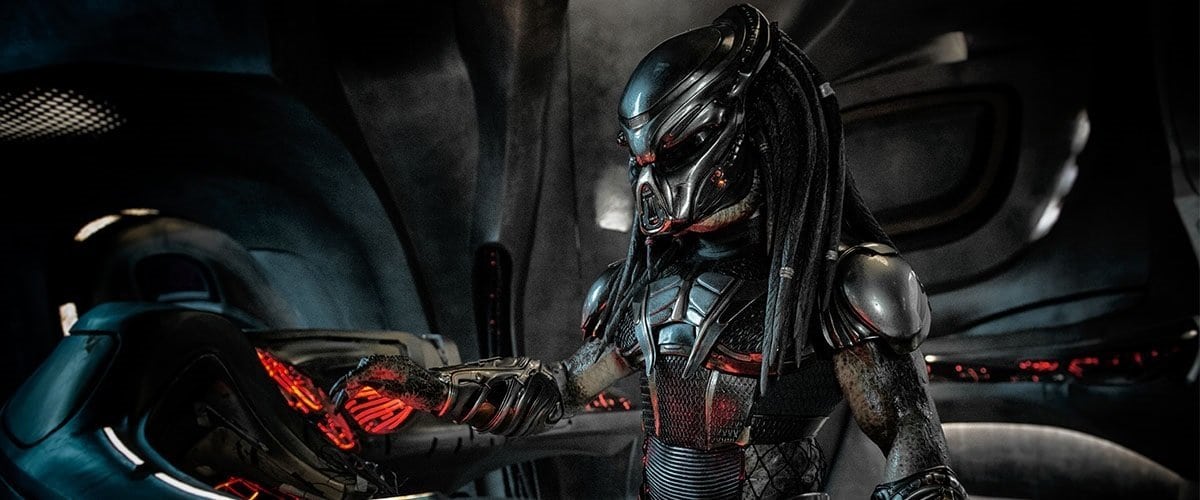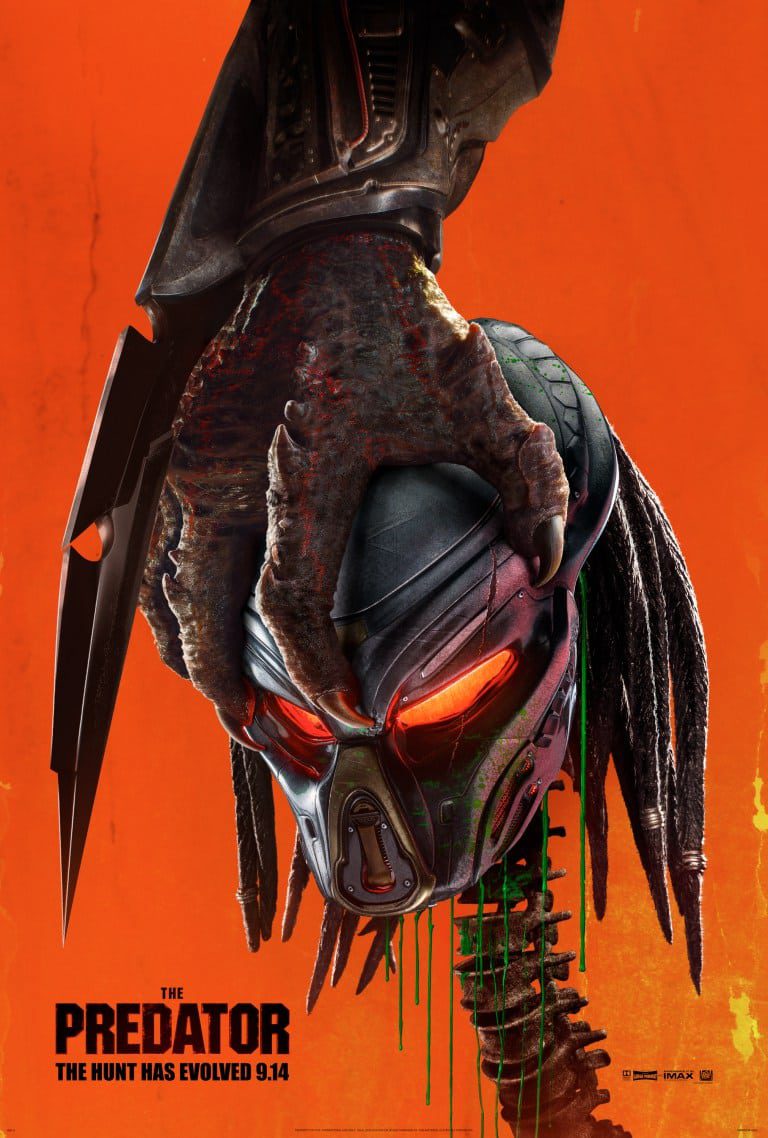
Violet: I Don’t Know Who I Am Anymore

In Violet, her feature length directorial debut, Justine Bateman blesses the screen with an incredibly thought provoking glimpse into the life of Violet Calder (Olivia Munn). Violet, a seemingly successful and high-functioning woman, lives her life in fear. Bending to the will of the voice inside her head, Violet limits herself in both her career…


